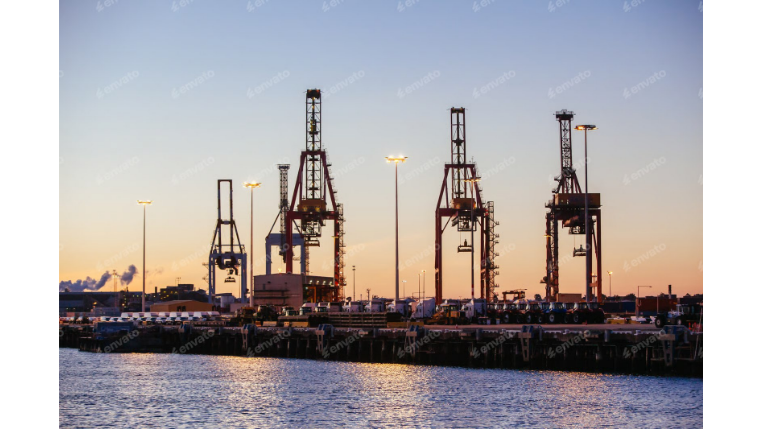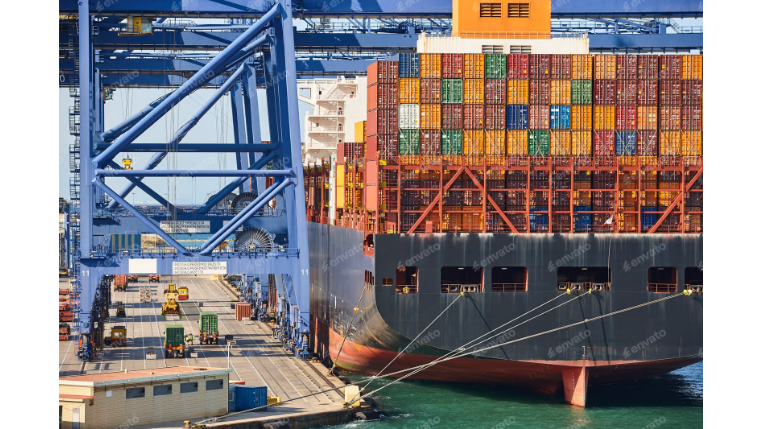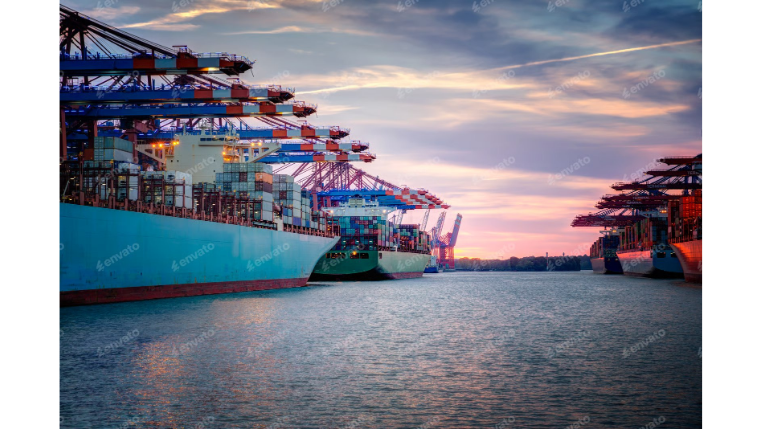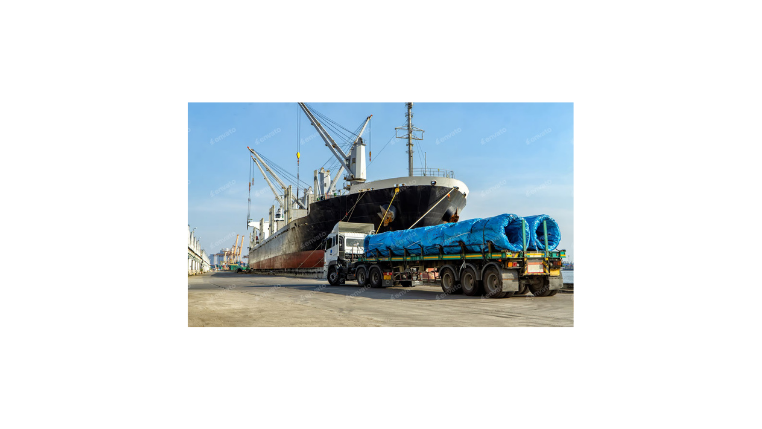The Ultimate Guide to Freight Forwarders: Your Expert Partner in Global Trade
In the intricate world of global trade, a freight forwarder acts as the indispensable architect of your supply chain. Serving as a crucial intermediary between shippers and carriers, they navigate the complexities of international logistics to ensure your goods move seamlessly and efficiently across borders. This guide explains exactly what a freight forwarder does, the wide array of services they offer—from customs clearance to strategic optimization—and why partnering with the right one is essential for saving time, reducing costs, and ensuring compliance in your shipping operations.
What is a Freight Forwarder?
A freight forwarder is a company that organizes and manages shipments on behalf of individuals or businesses to move goods from a producer or manufacturer to a final destination. The most important thing to understand is that a freight forwarder is not the carrier—they don't own the ships, planes, or trucks used for transport.
Instead, think of them as a travel agent for your cargo. They leverage their extensive network of carriers and deep industry knowledge to negotiate the best routes, rates, and services to meet your specific needs. They are your single point of contact for the entire end-to-end shipping process.
A Spectrum of Services: What Does a Freight Forwarder Actually Do?
A freight forwarder’s role goes far beyond simply booking space on a vessel. They offer a comprehensive suite of services designed to manage every aspect of the logistics journey:
- Transportation and Carrier Negotiation: They analyze your shipment requirements and find the optimal balance of speed, cost, and reliability across air, sea, rail, and road transport. They negotiate rates on your behalf, often securing better pricing than you could alone.
- Documentation Management: International shipping is notorious for its paperwork. Forwarders prepare and manage all essential documents, including the Bill of Lading, Commercial Invoice, Packing List, and Shipper's Letter of Instruction (SLI).
- Customs Clearance (Brokerage): This is one of their most critical functions. Freight forwarders (or their in-house customs brokers) navigate the complex customs regulations of both the export and import countries, ensuring all duties are paid and documentation is compliant to avoid costly delays.
- Warehousing and Storage: They can arrange for short- or long-term storage of your goods at consolidation centers, ports, or distribution facilities.
- Cargo Insurance: They advise on and arrange for insurance to protect your goods against loss or damage during transit.
- Supply Chain Optimization: A strategic forwarder acts as a consultant, helping you optimize packing, find more efficient routes, and improve your overall logistics strategy to save money and improve service.
How Freight Forwarders Reduce Risk and Save Money
Partnering with a freight forwarder is an investment in efficiency and security. Their value proposition centers on two key benefits:
- Risk Mitigation: The world of shipping is full of potential pitfalls—port congestion, customs inspections, carrier issues, and documentation errors. An experienced forwarder anticipates these problems and manages them proactively. Their expertise is your best defense against unexpected disruptions and financial losses.
- Cost Savings: While you pay a fee for their service, forwarders save you money in several ways. They leverage their consolidated shipping volume to access lower freight rates. Furthermore, by ensuring accuracy in documentation and compliance with regulations, they help you avoid expensive fines, storage fees, and delays.
Tips for Choosing the Right Freight Forwarder
Selecting your logistics partner is a critical business decision. Here’s what to look for:
- Experience and Specialization: Does the forwarder have proven experience with your type of product (e.g., perishables, hazardous materials) and the specific trade lanes you operate in?
- Robust Network and Global Reach: Ensure they have a strong network of trusted agents and partners at both the origin and destination of your shipments.
- Licenses and Certifications: Verify that they hold the necessary licenses for your trade routes, such as being FMC-licensed (Federal Maritime Commission) for shipments to/from the U.S.
- Technology and Visibility: A modern forwarder should provide a digital platform for tracking shipments in real-time, accessing documents, and communicating efficiently.
- Customer Service: Look for a partner who is responsive, communicative, and provides a dedicated point of contact for your account.
Conclusion
In conclusion, a freight forwarder is much more than a booking agent; they are a vital extension of your team and a strategic partner in your success. They bring the expertise, network, and diligence required to navigate the complexities of global trade, allowing you to focus on growing your business. The relationship between a shipper and a forwarder is enhanced by modern technology. Digital logistics platforms like Modaltrans create a collaborative ecosystem, providing a single source of truth for tracking, documentation, and communication that empowers both you and your forwarding partner to operate with maximum efficiency.










